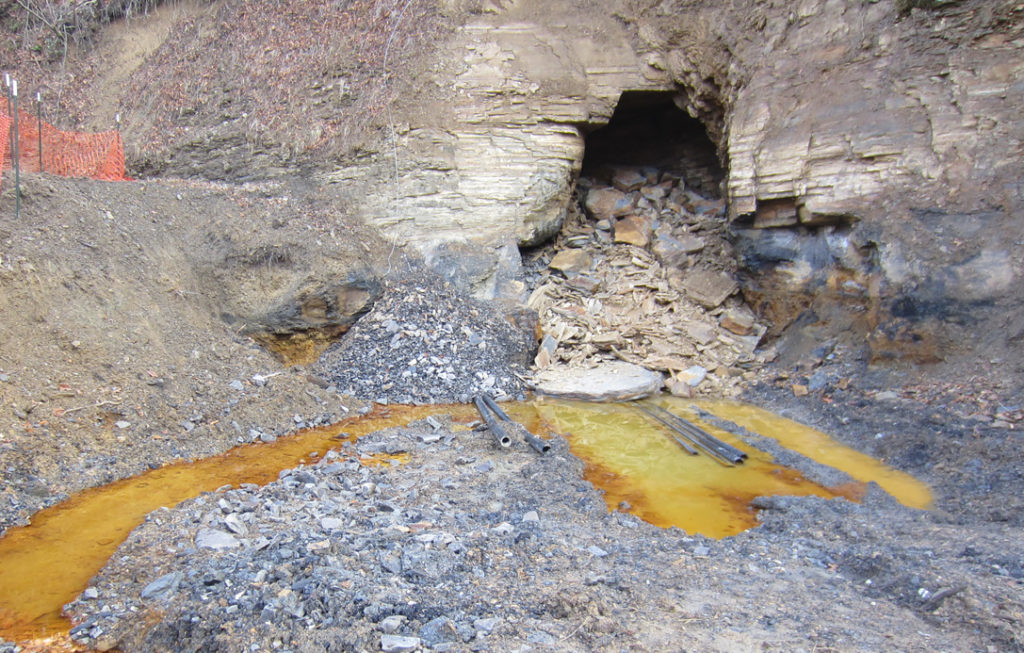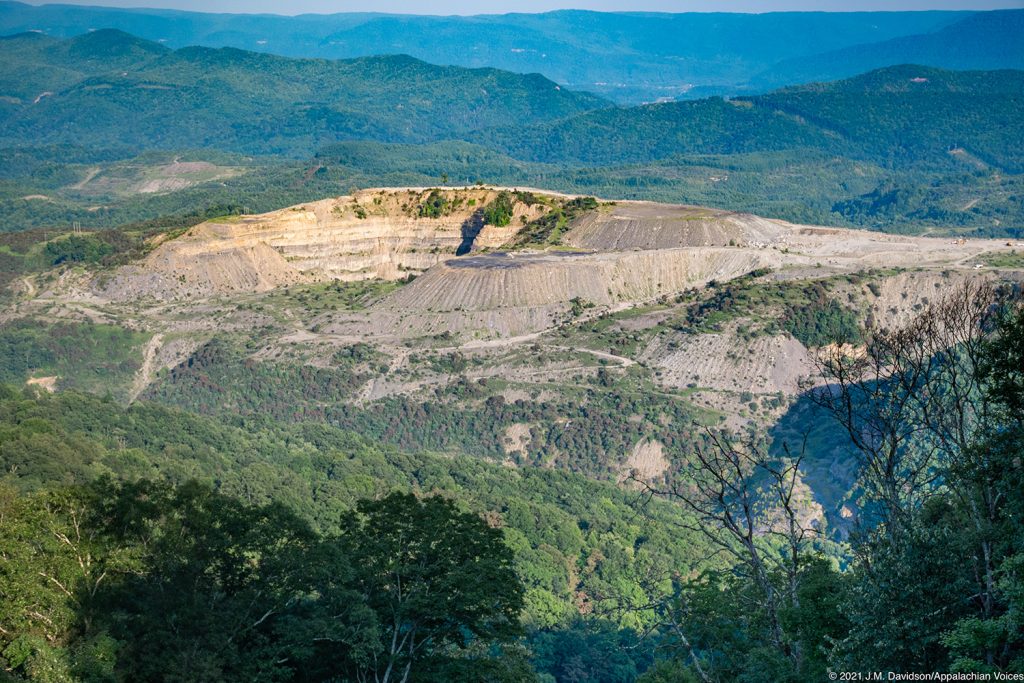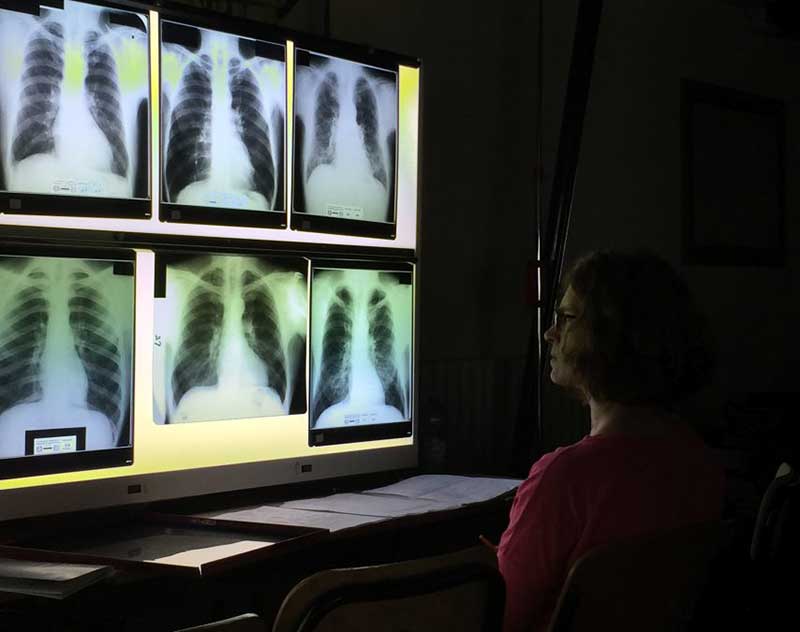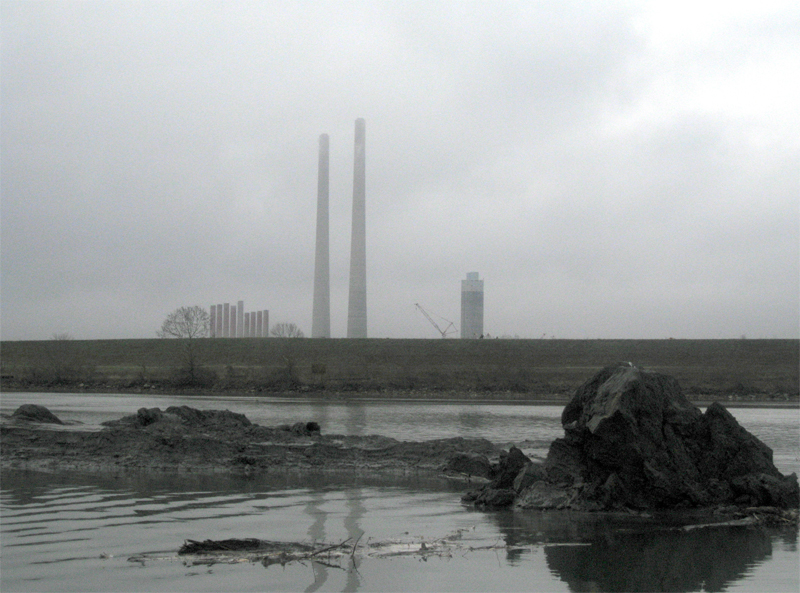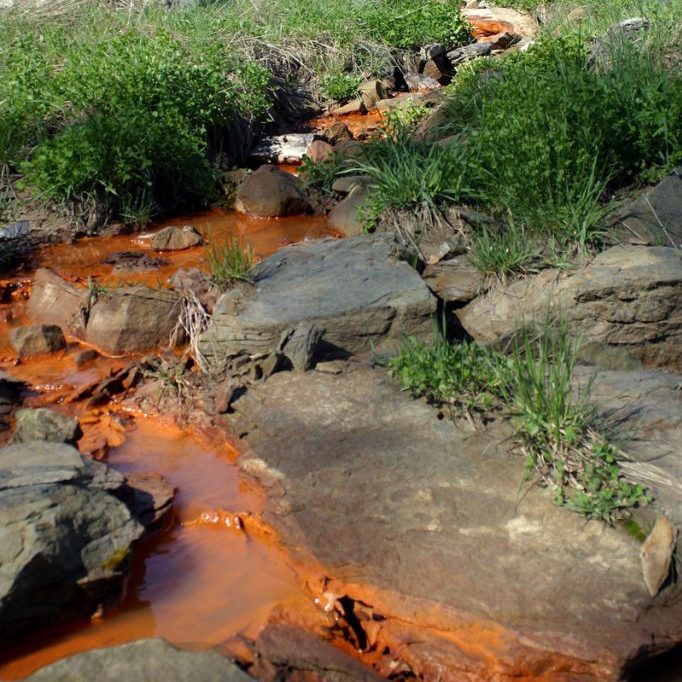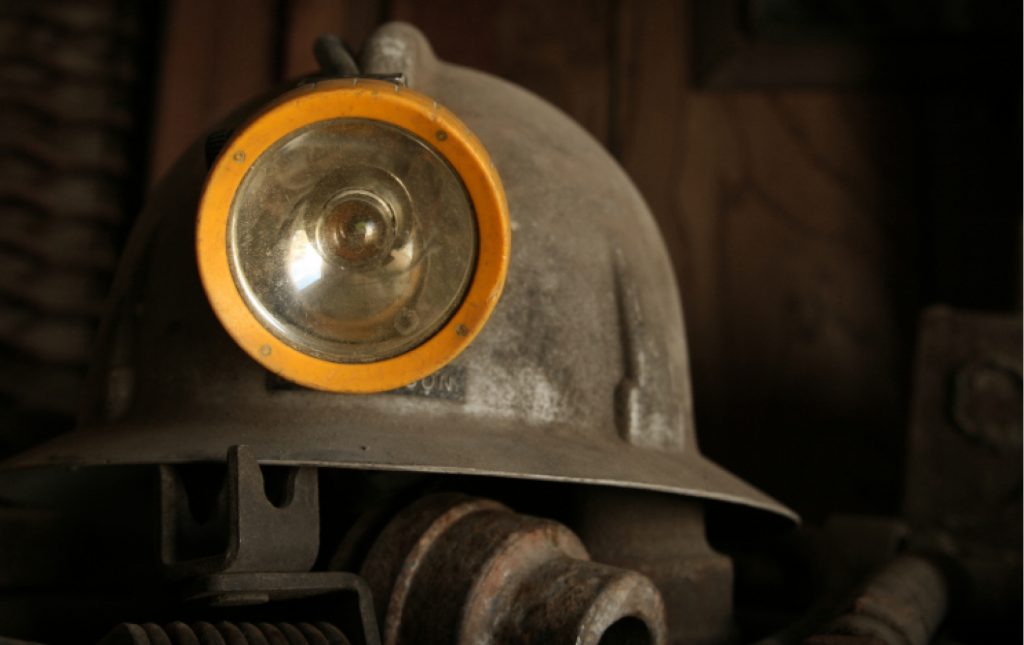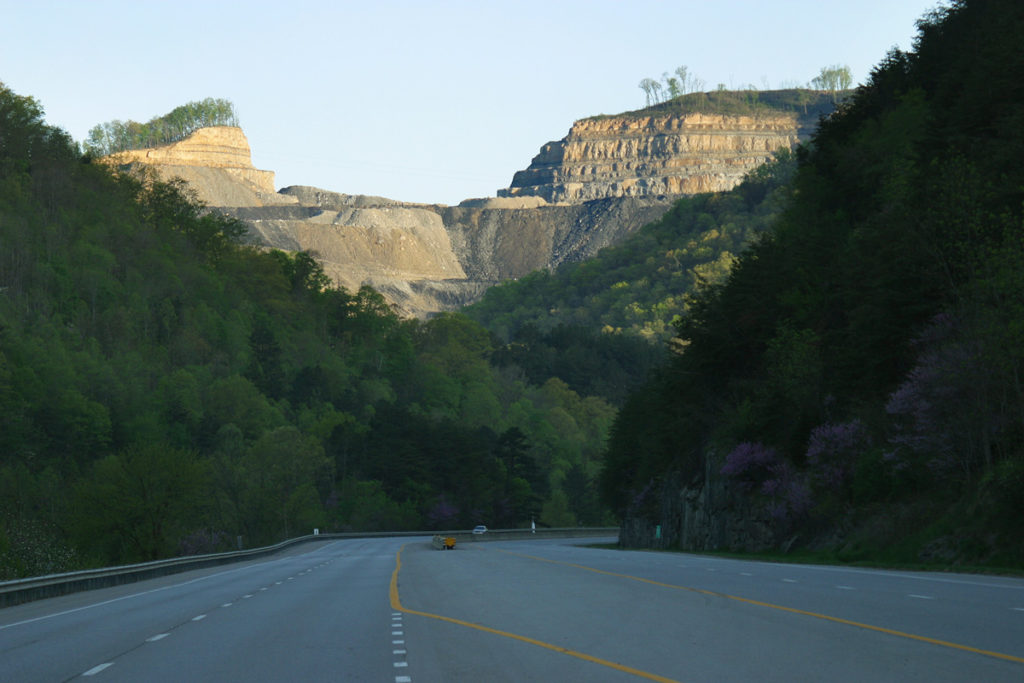Holding the Coal Industry Accountable

An abandoned and decaying structure at the Sugar Cove Mine in Virginia. Photo courtesy of DMME
Centuries of coal mining in Appalachia have left a wake of destruction behind. Thousands of former mine sites still pose health and safety risks, and the extensive environmental damage includes polluted waterways, compromised groundwater, and the loss of 1.5 million acres of forest in one the most biologically diverse temperate ecosystems on the planet.
Residents in this region have dealt with increased illness and shortened life expectancy. Black lung disease is again on the rise, and both current and former miners are fighting to protect their vital healthcare benefits. Communities that depended on the coal industry’s boom years now face daunting financial challenges.
Meanwhile, the bosses and bankers who got rich off of Appalachia realize that the market for coal is continuing to decline. Many are trying to jump ship, taking their wealth with them and leaving the problems for local communities and taxpayers to deal with.

As Appalachian Voices continues to fight new mountaintop removal coal mining permits and monitor existing mines, we are also committed to ensuring that the communities that have long borne the brunt of mining are not left behind. We are determined to hold the coal profiteers responsible for cleaning up the land and water they defiled and fulfilling their obligations to miners and their families.
Communities near mines and power plants are among those that often face elevated air pollution. We’re working with 16 community groups and two universities to track air quality in communities throughout Kentucky, Pennsylvania, Tennessee, Virginia and West Virginia with about 80 monitoring devices. These are deployed at in communities near fossil fuel infrastructure and other industries.
Similarly, the communities living near coal-fired power plants have suffered the burden of air and water pollution created by burning coal for electricity. Our years-long campaign alongside North Carolina communities impacted by Duke Energy’s dangerous storage of coal ash resulted in statewide cleanup orders, and we are committed to making sure the massive utility follows these rules.
We’re also working with communities in East Tennessee, site of the first major coal ash disaster in the country, to ensure that coal ash is stored in ways that protect residents, workers and waterways. And we’re engaged in legal challenges against Trump-era rollbacks on federal regulations for coal ash handling.
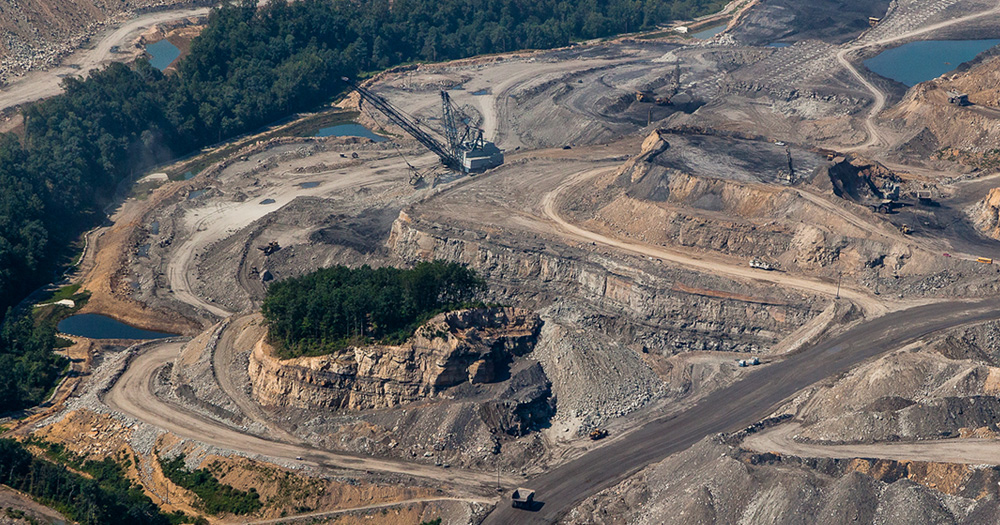
Ending Mountaintop Removal
Since the 1970s, the coal industry has blown up more than 500 of the oldest, most biologically rich mountains in America and destroyed more than 2,000 miles of headwater streams. Despite an ongoing citizen movement to end the destruction, and despite the decline in coal, it’s still happening.
Protect coal miners: Oppose cuts to NIOSH and MSHA
Black lung disease continues to ravage coal mining communities, despite regulations that are supposed to make their job safer. Unfortunately, the federal agencies that provide essential health services to miners are facing cuts.

Latest News
Congressional Support for RECLAIM Act Grows
U.S. House of Representatives co-sponsors for the RECLAIM Act grew after a coalition of coal mine reclamation advocates traveled to the nation’s capital to express their support for the bill that would accelerate the spending of money in the in the federal abandoned mine cleanup fund.
Advocacy groups sue multiple coal facilities for water violations
CONTACTS: Erin Savage, Appalachian Voices Central Appalachian Program…
Coal miners visit D.C. to urge Congress to act on Black Lung legislation
More than 150 coal miners or their widows and loved ones traveled to D.C. in July to call for action on black lung legislation.
Over 100 Miners Heading to Washington to Advocate for Black Lung Benefits
Over 100 miners from across the Appalachian region are traveling to Washington D.C. this week to lobby lawmakers on a number of issues related to black lung disease, a fatal respiratory condition caused by continuous exposure to harmful dust and rock particles in and around coal mines.
Energy Justice coalition reveals “pay-to-play” ties between Duke Energy, N.C. lawmakers
The Energy Justice North Carolina Coalition released a…
Blackjewel’s bankruptcy looks like bad news for workers and mine cleanup
Appalachia’s latest coal bankruptcy looks different than others — mines shut down immediately and paychecks were clawed back from employees’ bank accounts. We take a look at what the Blackjewel and Revelation Energy bankruptcy could mean for mine land reclamation.

